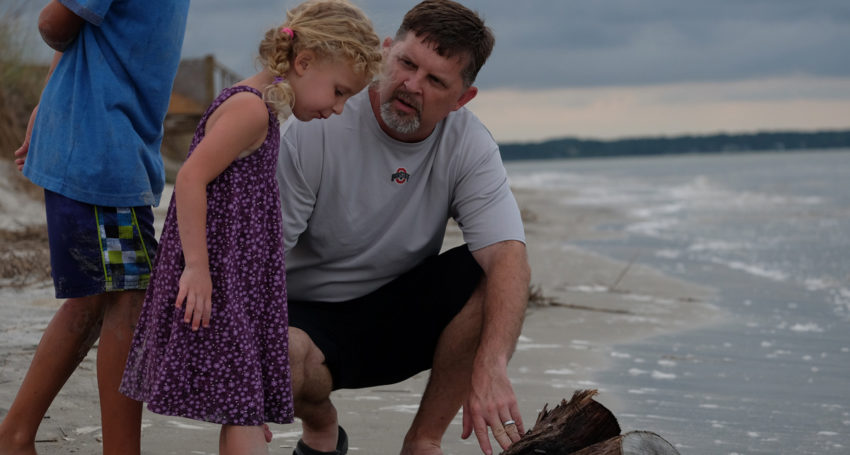5 ways to help kids cope
Health & Medical
Resilient children grow into healthy adults, according to the South Australian psychologist behind a new parenting tool.

Sign up to receive notifications about new stories in this category.
Thank you for subscribing to story notifications.

Psychologist Dr Don Tustin says many of his adult clients would not be experiencing mental health issues now if they had learned better coping skills between the ages of four and eight.
“The first four years of a child’s life is spent teaching them how to walk, talk and develop their motor skills,” Dr Tustin says. “But what a parent should then be doing is switching their attention and spending the next four years working on their emotional development skills.”
“Most adult skills begin at the age of six but a lot of parents have the view that children are like plants – they just grow naturally – which is often not the case.”
In an effort to stem the current shocking rate of mental health issues – it costs £99 billion a year in the UK and $12.8 billion a year in Australia – Dr Tustin’s team at Adelaide Psychological Services in South Australia has developed the WeParent website. The site helps parents teach children clinically proven skills first time around in a bid to stop mental health issues arising later in life.
Dr Tustin’s five tips to help nurture resilient kids:
- Sharing
Focus on praising children when they are sharing rather than disciplining them when they are not.
- Jealousy
Stop comparing your children to others. Social comparisons lead children to believe that your affection is conditional.
- Conflict management
Kids who learn to compromise make and keep friends more easily. Teaching children how to manage conflict during their mid-childhood years is especially important because what they learn at this age is difficult to alter later in life.
- Independence
Your child might not be leaving home any time soon, but it’s important to teach them self-care early. Small tasks like learning to tie their own shoelaces give kids a huge sense of pride and independence.
- OK to be sad
Teaching kids how to manage sadness is proven to reduce anger and depression in adulthood. Sadness is a waste product of the body and should not be allowed to build up – so let kids let it out.
These tips all help build a positive self-image from a young age, which can protect against confidence issues and mental illness in adolescence and adulthood.
The subscription-based WeParent website (£6 a month for UK users and AU$10 a month in Australia) launched last month with 24 modules across five categories: Emotions, Friendships & Social Skills, Independence, Positive Sense of Self and Sibling Rivalry. A five-module category on bullying will be added to the program in the coming weeks.
Jump to next article



